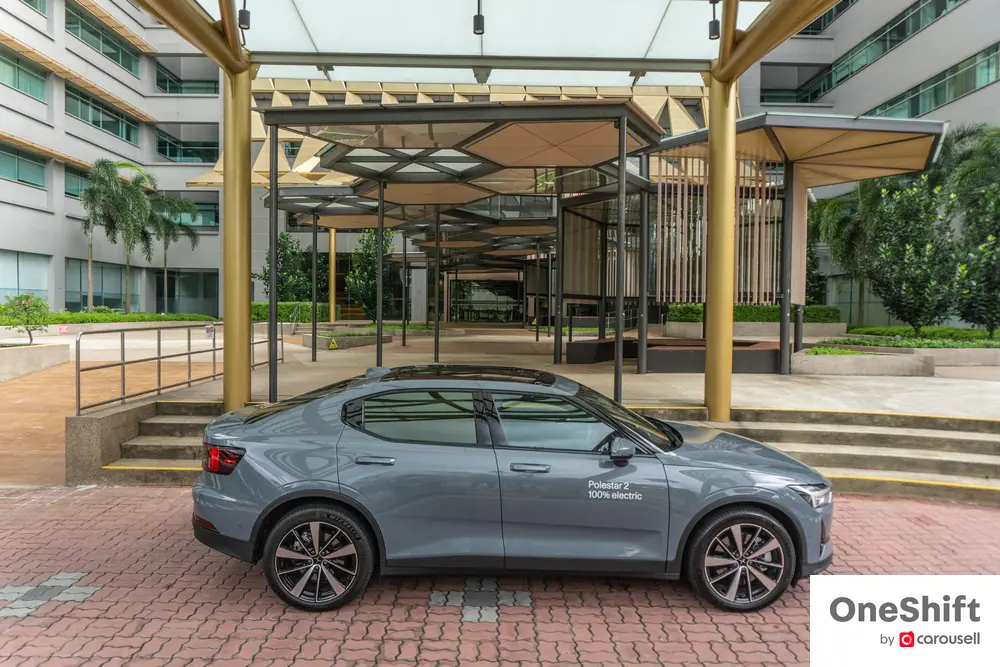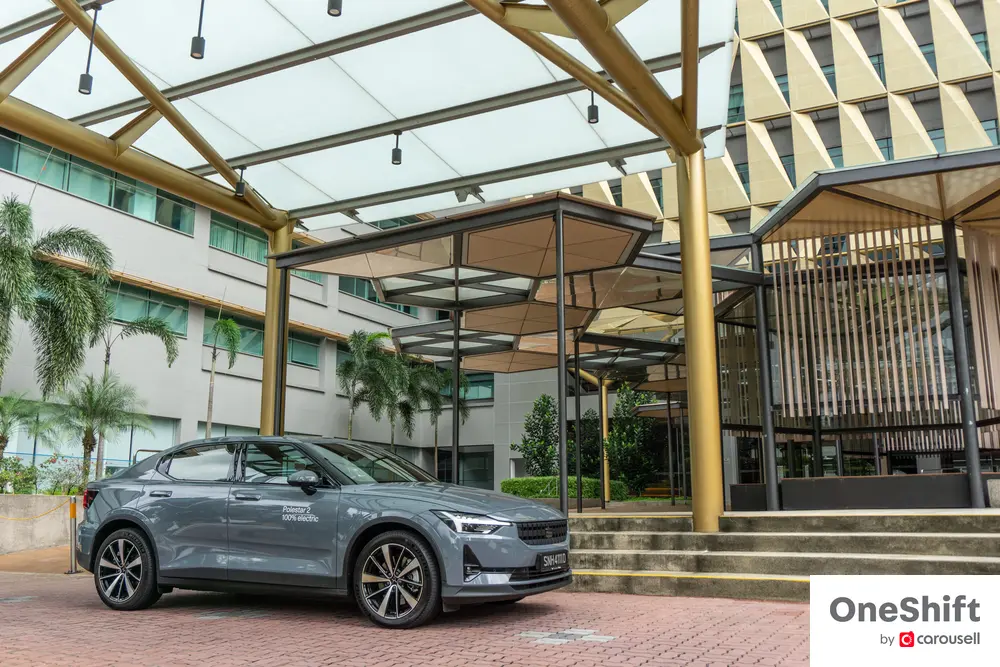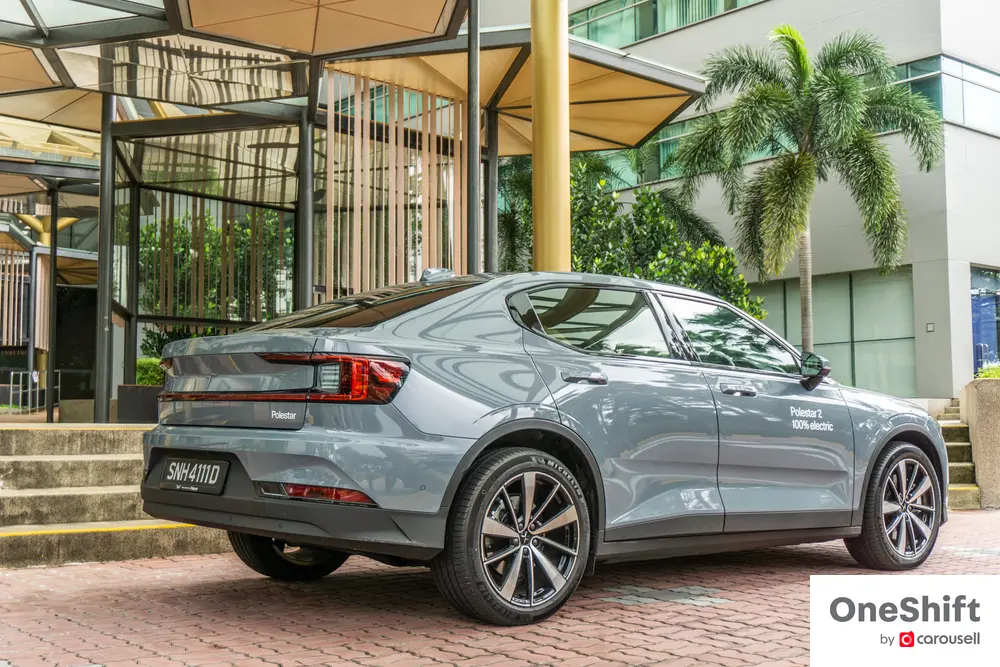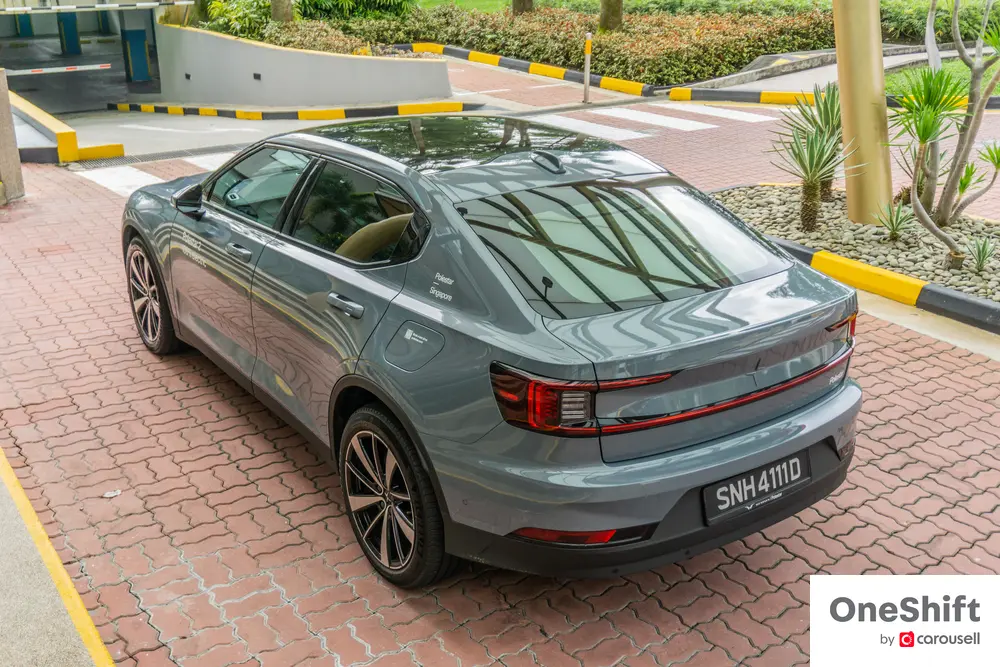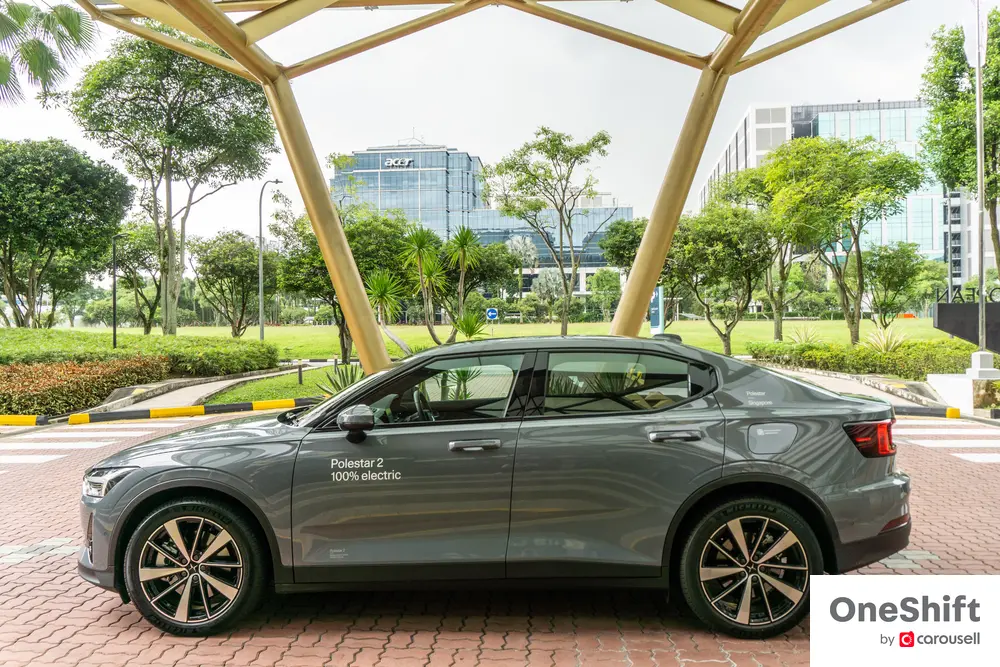Polestar 2 Long Range Single Motor Review: As Fast As You Need, With More Comfort
We drive the phased out Long Range Single Motor, which holds plenty of promise for the incoming Standard Range Single Motor variant.







If the Long Range Dual Motor (LRDM) variant of the Polestar 2 is too much of everything, the Long Range Single Motor (LRSM) we took out a couple of months later seems to have just the right amount of everything.
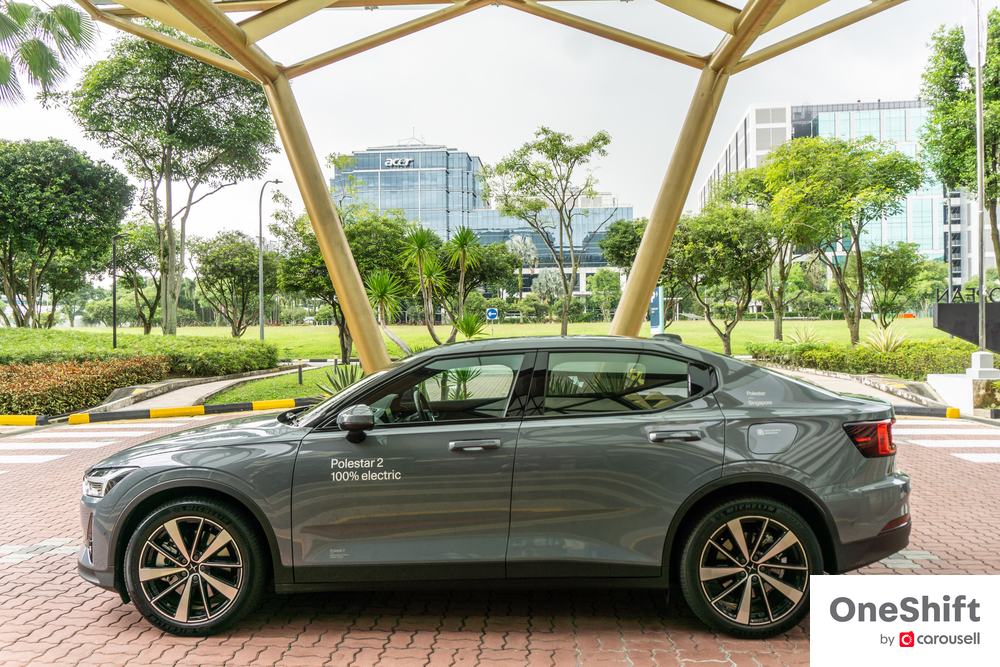
With the same 78 kWh battery but with one less motor at the rear wheels, claimed WLTP range on the LRSM is up to 540 km, 60 km more than on the LRDM. This is a very comfortable reserve and even with a heavy foot and lots of idling for photoshoots, we achieved 21.4 kWh/100km yielding close to 400 km of real world range. In more typical conditions, we’re confident of hitting a range of mid to high 400 km.
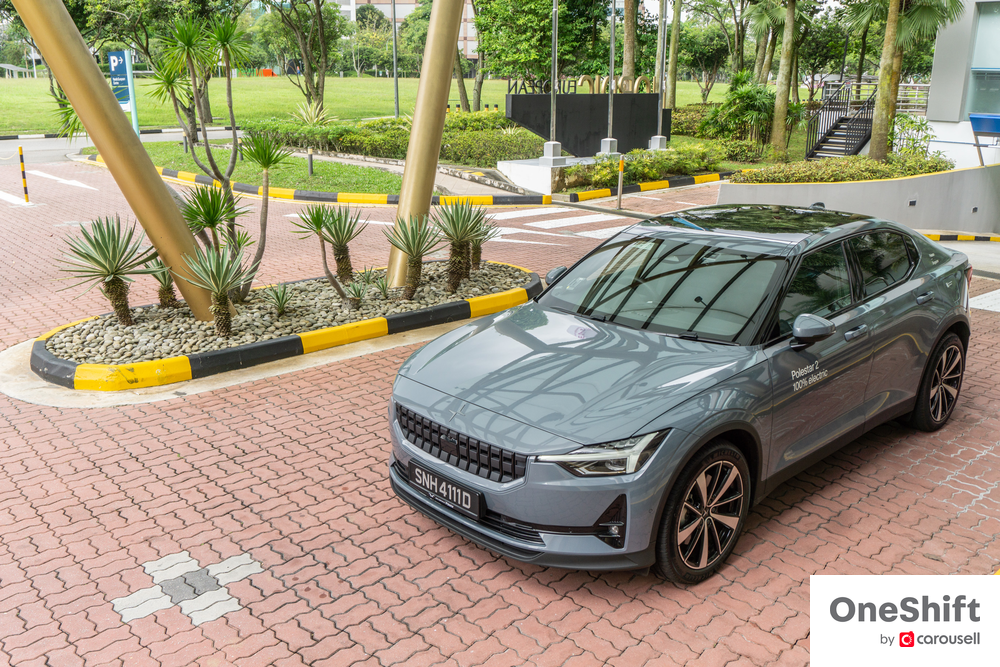
Despite having only one motor, the LRSM is surprisingly rapid, definitely more than enough pace for Singapore. In fact, it feels more satisfying in the LRSM somehow, because you can drive flat out most of the time without breaking the speed limit. With 231 hp and 330 Nm, 0-100 km/h is dispatched in 7.4 seconds, which is plenty fast, so you’re not really short changed at all. Of course, with power to the front wheels only, neither traction nor grip is as impressive as in the LRDM. But it is a reasonable trade-off.
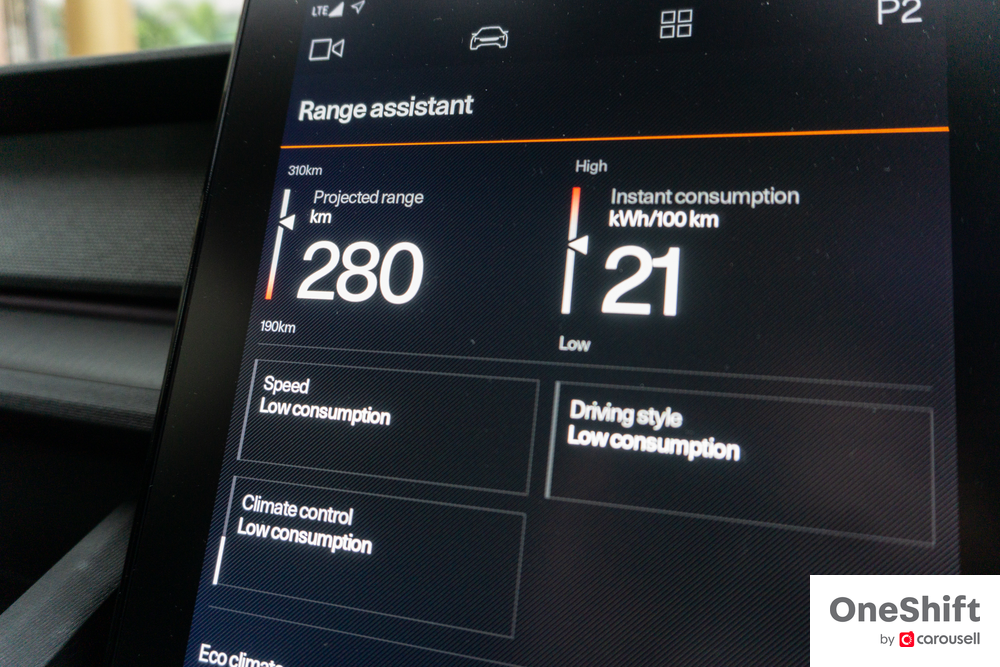
A key difference is that the LRSM comes with conventional suspension, unlike the Performance Pack equipped LRDM which we last drove. Ride is firm but significantly better all round for the daily commute, and it’s what we’d much prefer for our local road conditions.
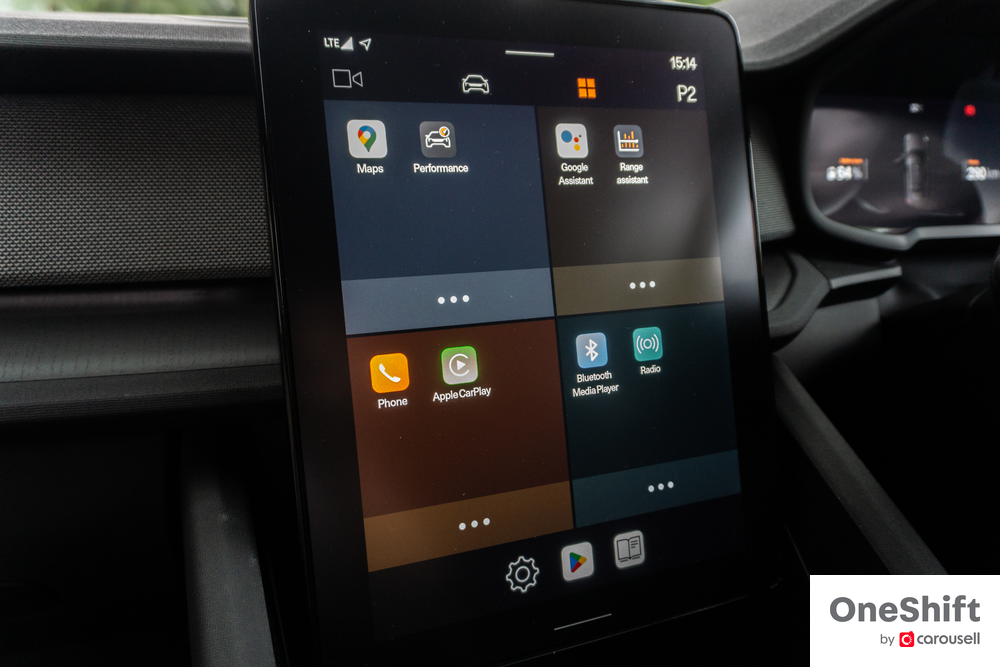
An update which we also liked very much was the integration of Apple CarPlay, which was previously not available yet. With this update, you get the best of both worlds - an Android-based operating system on the car while also having the option of having CarPlay. It’s simply awesome.
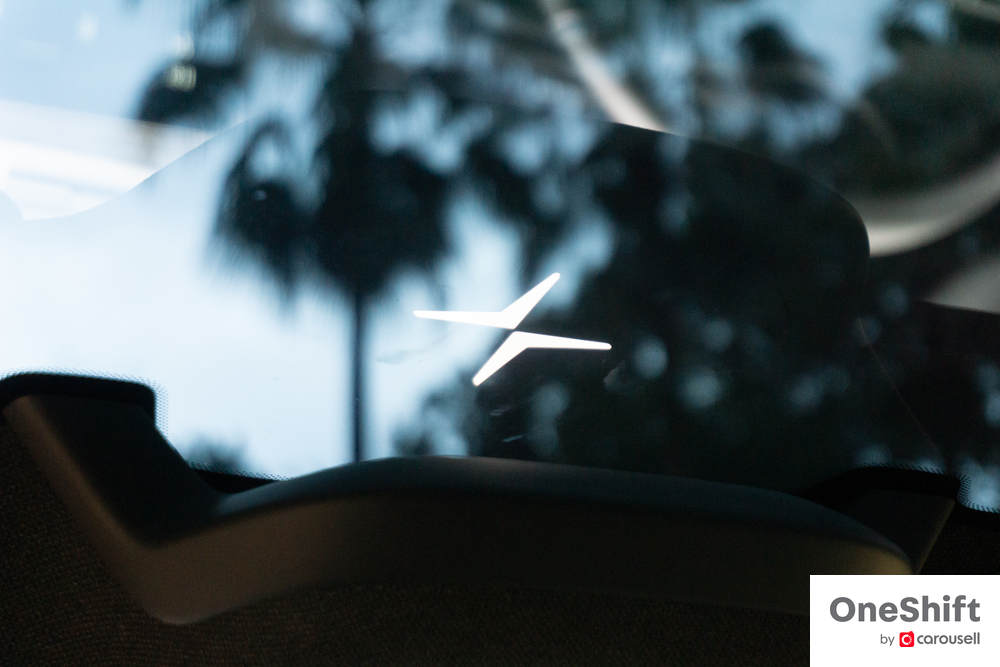
Alas, the most important thing you need to know from this review is that the LRSM has been phased out for Singapore, which leaves the Standard Range Single Motor (SRSM) variant beside the top dog LRDM. The good news is that the SRSM has the same power output as the LRSM; it just has a smaller 64 kWh battery which translates to a WLTP range of up to 440 km (down approximately 100 km). We will reserve our opinion on the SRSM until we drive it, but we’re hoping that in the real world the range would not be too big of a difference.
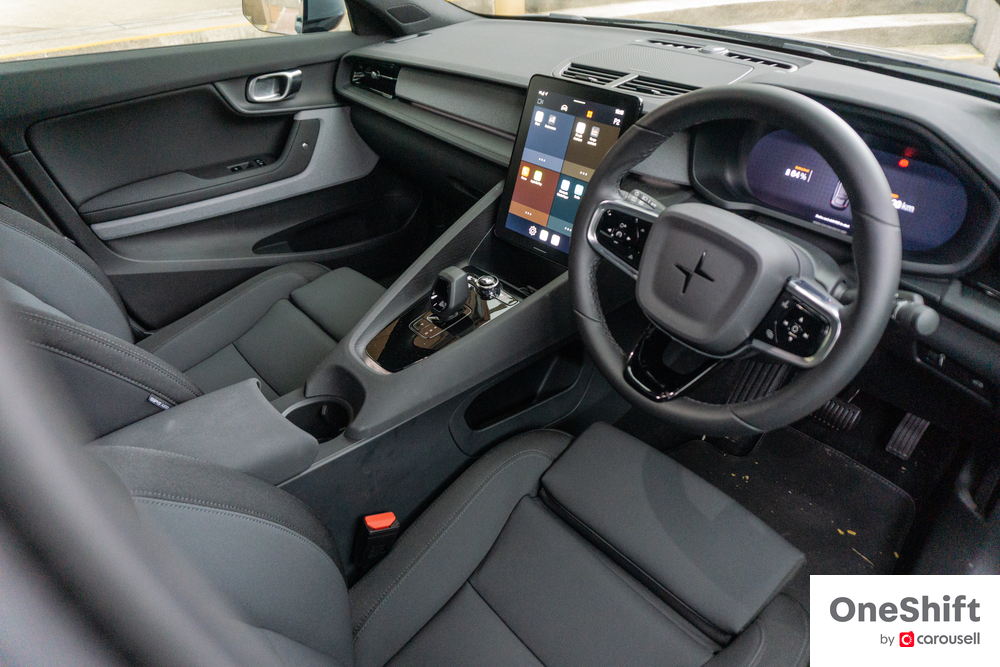
The other crucial bit of information is that in January this year, Polestar announced significant updates for the 2, including new electric motors and inverters, a rear-drive bias for the dual motor models, and the single motor variants now being made rear-wheel drive. The new SRSM variant will have a 69 kWh battery (+5 kWh) and a WLTP range of up to 518 km (+78 km). Power is rated at 272 hp (+41 hp) and 490 Nm (+160 Nm), which helps the car do the 0-100 km/h sprint in 6.4 seconds (1 second quicker).
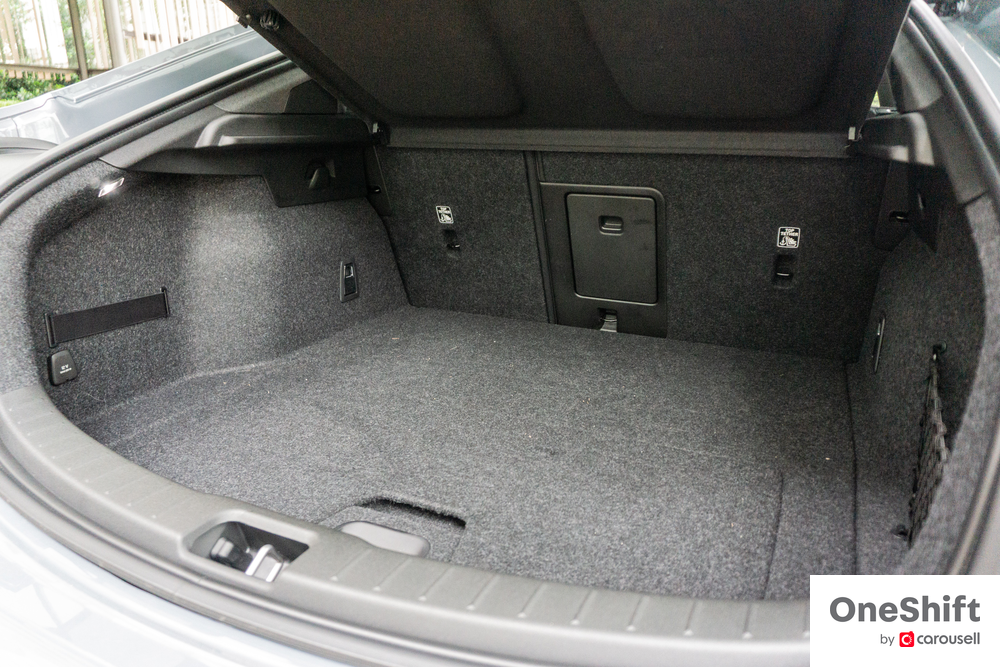
Essentially, the new SRSM specifications have come close or even superseded the last generation LRSM tested here, and adopts the sportier RWD drive layout. There’s much to look forward to!
Photos by James Wong
---
Selling your car? Whatever the reason, car you sell Carousell.








Get the Best Price for your used car
from 500+ dealers in 24 hours

- Convenient and Hassle-Free
- Consumer Protection
Transparent Process
With No Obligation
